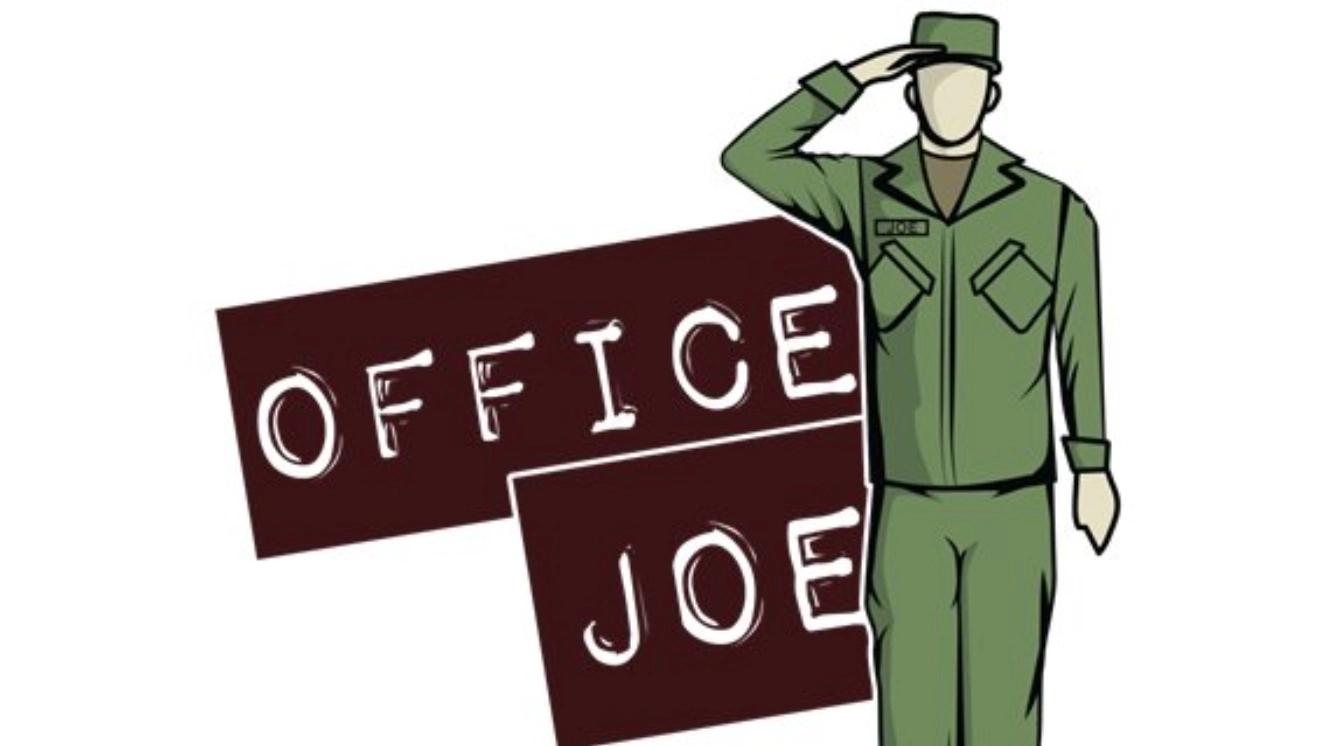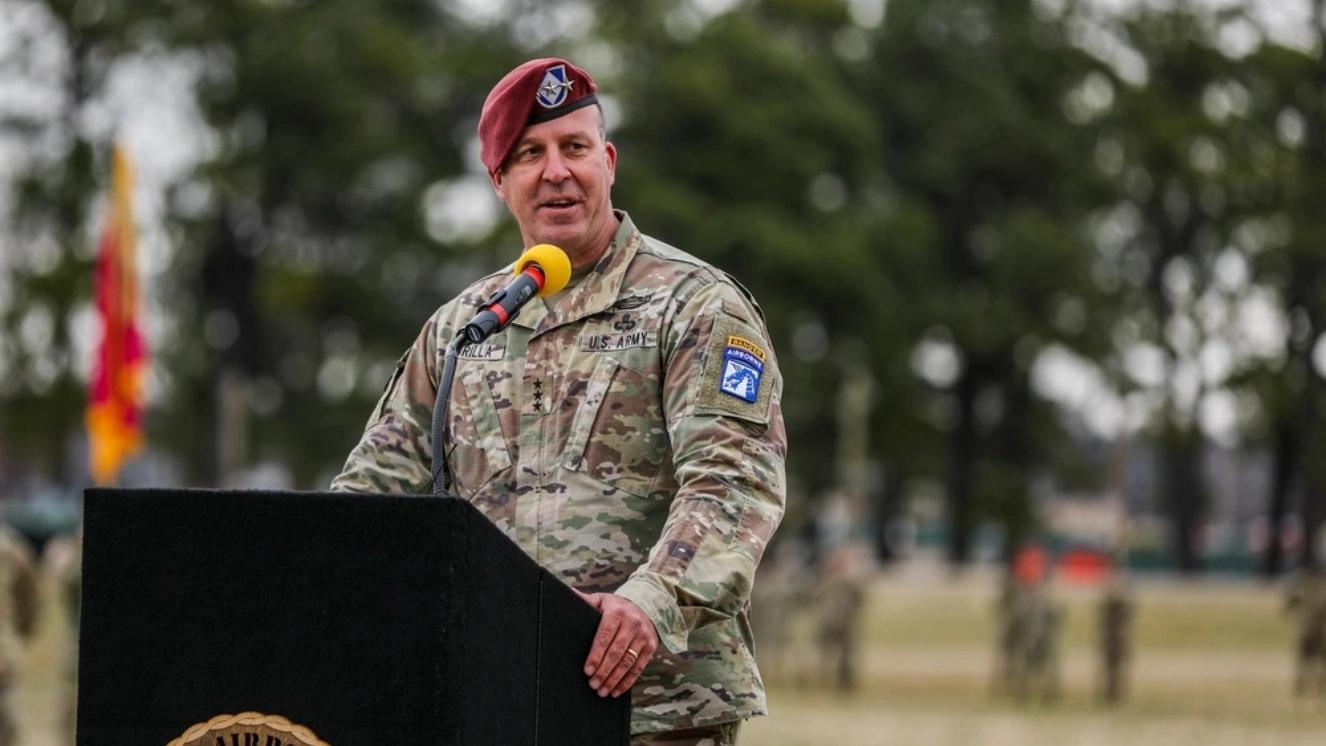THE SILENT STRUGGLE: CARING FOR VETS & THEIR MENTAL HEALTH ON VETERANS DAY

Struggling with mental health is not a joke, especially when the person has no one to talk to. A lot of people dealing with mental issues have experienced a traumatic event or witnessed one. That is why there are a lot of Vets coping with this issue once they return home. Mental health for Veterans is vital, as it is one of the critical steps in transitioning to a healthy civilian life. Unfortunately, most Vets suffer from anxiety, depression, or Post-traumatic stress disorder. Some are even scared to get help due to the stigma of having such an illness. On November 11, as we commemorate the bravery these service members showed for the country's benefit, promoting and supporting mental health awareness is also essential.
Understanding Mental Health Issues
Once a Vet comes home from war deployment, it might be difficult for them to transition back to a normal civilian life. This is due to a lot of traumatic events they experienced, or sometimes physical injuries can also contribute to anxiety and depression. Just imagine returning home bearing all of the horrors you have encountered and witnessed on the battlefield.
In most cases, this will result in PTSD, which can be experienced for years. Taking the time to understand the root cause can go a long way toward healing. Here are some ways to improve mental health for Veterans to help them get back on their feet:
Get Professional Help
Seeking the help of a professional is one of the most necessary things that a Vet can do when dealing with mental issues. Family members or close friends should encourage their military loved ones to get in touch with psychiatrists, psychologists, or even counselors who are experienced in treating the mental health problems of Veterans. The VA also offers mental health programs for Veterans that they can take advantage of.
Be Vigilant in Terms of Emotional Space
Some people may not be aware of the struggles and pain that these Vets went through, and they might unintentionally ask about the Veteran's time in service. This will just activate some bitter memories. It is vital to never ask them such questions as it might be just a trigger for a mental breakdown.
Engage in Healthy Routines
One of the best ways to cope with such a struggle is to engage in healthy activities. Ask your loved one to engage in regular exercises, get sufficient sleep, avoid drugs and alcohol, and maintain a balanced diet. These can help in the totality of their well-being and help maintain healthy mental health for Veterans.
Build Connections
It is vital that Vets connect or reach out to fellow members, not specifically the ones who are in their platoon, but to those fellow Vets who can really understand what they are going through. Conversations with them will serve as a foundation of mutual encouragement and understanding. Doing this creates a sense of encouragement.
Have Proper Knowledge About PTSD
This is a condition that family and friends should be aware of to know how to handle the situation when they notice the signs on their beloved Vet. Knowing its symptoms, coping strategies, and treatment options can play a vital role in terms of healing.
Symptoms of PTSD include: nightmares, flashbacks, uncontrollable thoughts about events, and severe anxiety.
Treatment involves medication, psychotherapy, or both.
How to Access Mental Health Programs for Veterans
There are various programs that the VA offers to help Veterans. All you need to do is schedule an appointment. If you are already using the medical services of Veterans Affairs, you can contact your primary care provider to set up an appointment. However, if you have not used the medical centers, then you can get in touch with the nearest VA medical center or Vet Center to discuss your needs.
If you're unsure what kind of service you need, then it is better to call 877-222-8387 for further assistance on the right resources. The VA also offers online services for those who are too far away to travel to a medical center. There is an online self-help portal, which is free. There are also smartphone apps for Vets and the VA telemental health program.
Aside from this, there are also other mental health programs for Veterans that they can opt for. Vet centers offer family and couples counseling, group and individual counseling, readjustment counseling, grief counseling, military sexual trauma counseling, and substance use assessment and referral.
During Veterans Day, let us ensure that these brave men and women's sacrifices will not go to waste. If you notice someone who is struggling with mental health issues, don't hesitate to step in and help.
Suggested reads:
- Dial 988: Suicide Prevention Hotline Officially Changed
- Unpacking the Incident: Gen Kurilla Under Investigation for Airplane Altercation
- PTSD Awareness Month Highlights Shocking 75% Veteran PTSD Rate
Sources:



